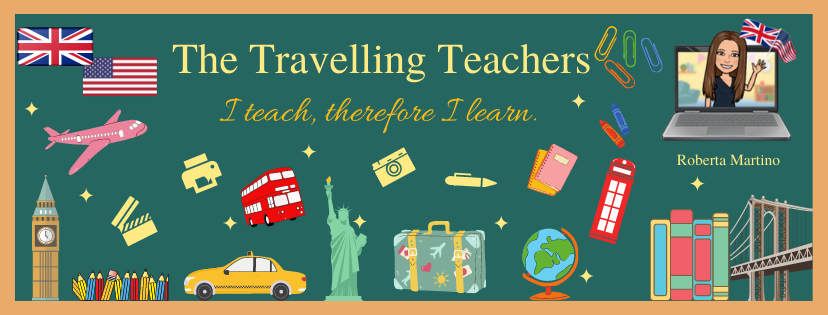Today I would like to talk about poetry. Could it be useful in an EFL class? As usual, I try to imagine some activities that involve the use of different digital tools.
What's poetry?
.jpg) At the following link you can find some great definitions (I made the above word cloud from some of these definitions using Tagul):
At the following link you can find some great definitions (I made the above word cloud from some of these definitions using Tagul):http://poetinthecity.wordpress.com/2011/03/16/what-is-poetry-50-definitions-and-counting/
.jpg)
Why study poetry in an ESL classroom?
Poetry can help you reach many goals. Take a look at the following map I created with Cacoo:
Click to enlarge my diagram
Some links about the different kinds of poetry
Different types of poetry:
https://www.youngwriters.co.uk/glossary-poetry-types
http://www.poetryfoundation.org/learning/glossary-terms?category=forms-and-types
Examples of different types of poetry:
http://examples.yourdictionary.com/types-of-poetry-examples.html
Forms of poetry:
http://www.poeticterminology.net/index.htm
What about writing a poem?
Watch the video
Where to begin? Have a look at this diagram I made with Cacoo.
Click to enlarge my map
Some more tips
Some useful figures of speech:
http://esl.about.com/cs/reading/a/blpoetry.htm
http://www.rhymezone.com/
Let's practise!

Magnetic Poetry is a funny tool to write poems. You have to choose some words to create your masterpiece! Try it! Watch my example at the following link:
http://play.magneticpoetry.com/poem/Original/kit/15415/?h=8444d213e9cd688d306fa98d2aa7ca79
You could also make a poetry magazine where you could collect all your poems! Joomag is a great web tool.
Have a look at my example by clicking on the picture below:
"Poetry is
when an emotion has found its thought and the thought has found words."
Robert Frost






